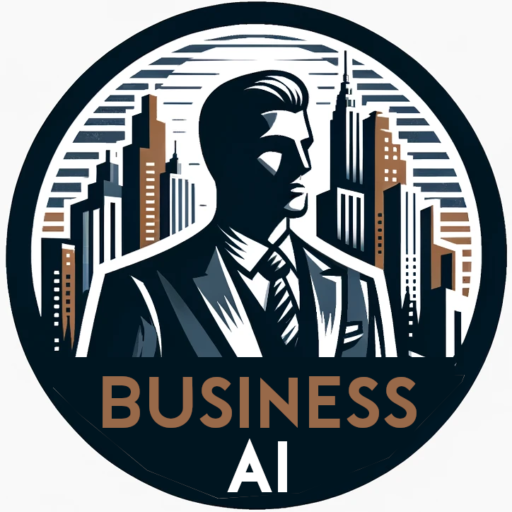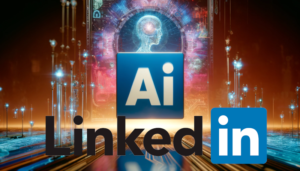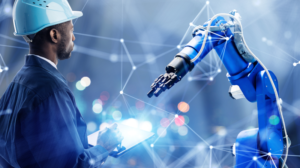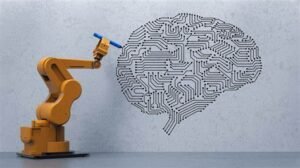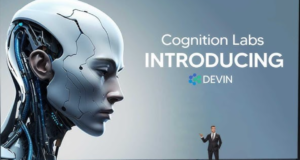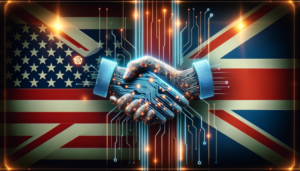In recent years, the rapid advancement of artificial intelligence (AI) technology has sparked concerns across various industries, including among CEOs. The once futuristic idea of AI taking over human jobs is now becoming a reality that even top executives in companies are beginning to fear.
One of the primary reasons why CEOs are increasingly worried about AI taking their jobs is the significant progress made in AI capabilities. AI systems are now able to perform tasks that were previously thought to be exclusive to humans, such as data analysis, decision-making, and even creative tasks like writing articles or composing music. This level of sophistication has led many CEOs to question the need for human executives when AI can potentially do the job more efficiently and accurately.

Another factor contributing to CEOs’ fears is the cost-effectiveness of AI technology. Employing AI systems can significantly reduce operational costs for companies, as they do not require salaries, benefits, or breaks like human employees. This cost efficiency, coupled with the increasing capabilities of AI, makes it an attractive option for companies looking to streamline their operations and maximize profits.
Furthermore, the speed and accuracy with which AI systems can perform tasks are unmatched by human standards. AI technology can analyze vast amounts of data in a fraction of the time it would take a team of humans, making it an invaluable asset for companies looking to stay competitive in today’s fast-paced business environment.
Despite these advantages, the idea of AI replacing human CEOs is met with resistance and apprehension. Many CEOs fear losing their positions of power and influence to machines that lack emotional intelligence, intuition, and the ability to navigate complex interpersonal relationships. The human element in leadership, such as empathy, creativity, and strategic thinking, is seen as irreplaceable by many.
Moreover, the ethical implications of entrusting critical decision-making processes to AI systems are another cause for concern among CEOs. Issues such as bias in algorithms, lack of accountability in AI decision-making, and the potential for misuse of AI technology raise valid questions about the role of AI in corporate leadership.
In response to these fears, some CEOs are taking proactive measures to adapt to the changing landscape of AI technology. Rather than viewing AI as a threat, they are exploring ways to leverage AI as a tool to enhance their decision-making processes, improve efficiency, and drive innovation within their organizations.
Ultimately, the debate around AI taking over CEO positions reflects a broader conversation about the future of work in an increasingly automated world. While AI technology offers undeniable benefits in terms of efficiency and productivity, the unique qualities that make us human are irreplaceable in certain aspects of leadership and decision-making.
As we navigate this era of technological transformation, it is essential for CEOs and executives to strike a balance between harnessing the power of AI and preserving the human touch that defines effective leadership. Only by embracing both innovation and humanity can we ensure a future where AI complements rather than replaces human ingenuity in the corporate world.
